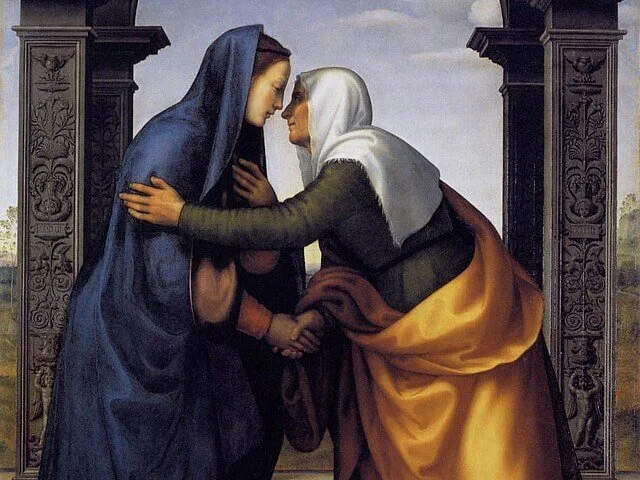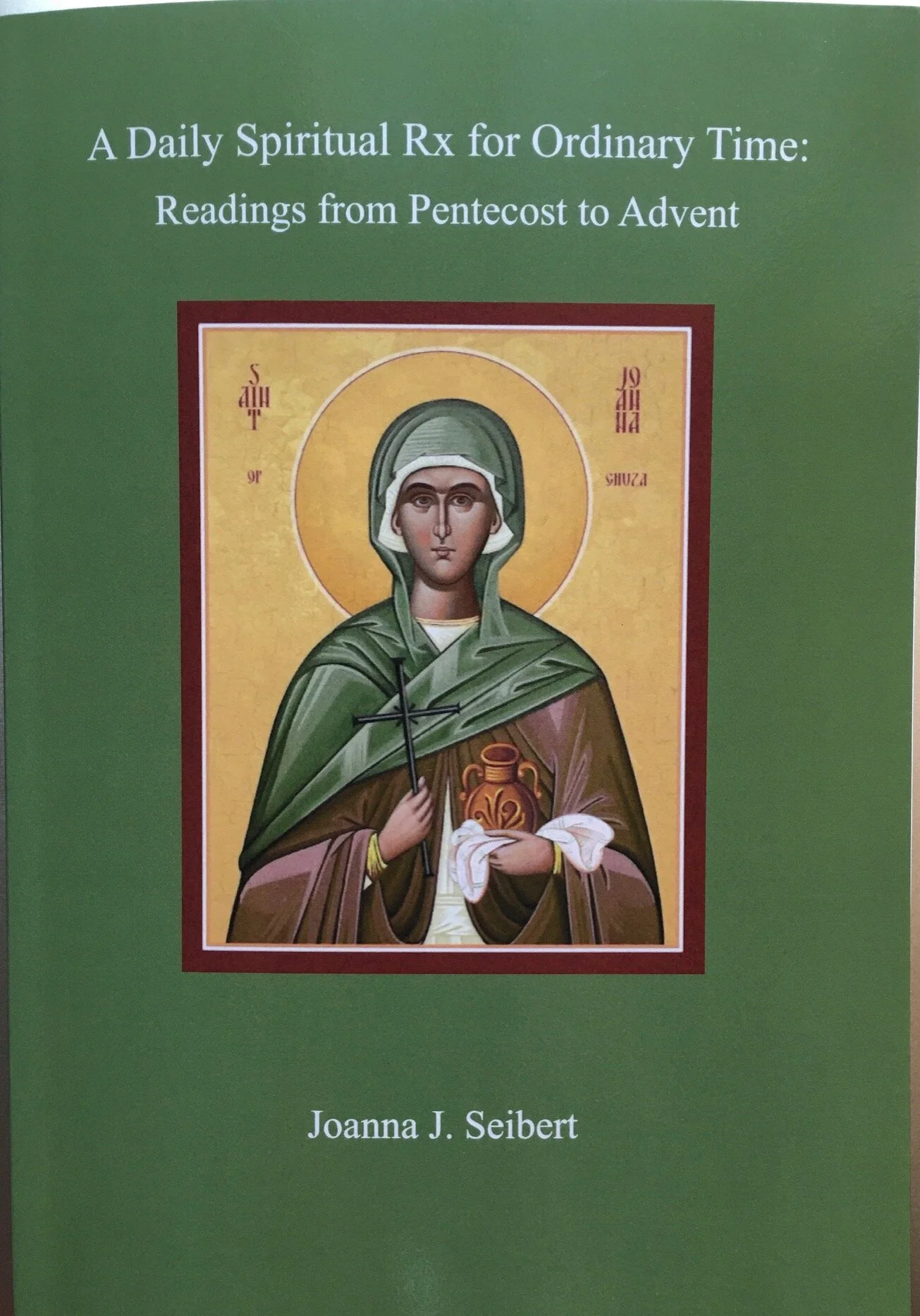Thomas Merton: Mary Elizabeth
“Then it was as if I suddenly saw the secret beauty of their hearts, the depths of their hearts where neither sin nor desire nor self-knowledge can reach, the core of their reality, the person who each one is in God's eyes. If only they could all see themselves as they really are. If only we could see each other that way all the time. There would be no more war, no more hatred, no more cruelty, no more greed.”
—Thomas Merton, Conjectures of a Guilty Bystander, 140-142, Doubleday:1966.
Merton’s mystical experience captures what spiritual friends seek to accomplish, seeing the light of Christ in each other. I am reminded of the visit of Mary, the mother of Jesus, to her even more pregnant relative, Elizabeth, in Luke 1:39-56. As Elizabeth, carrying John the Baptist, hears Mary's greeting to her, the baby in her womb leaps for joy. Elizabeth is then filled with the Holy Spirit and greets Mary with the words: "Blessed are you among women, and blessed is the fruit of your womb." Mary then breaks into the song of praise and thanksgiving which we call the Magnificat, “My soul proclaims the greatness of the lord." How wonderful when we meet our neighbor that the creative part within us, the Christ within us, leaps for joy to perceive the Christ within our neighbor. What does this story tell us occurs in our lives and the lives of our neighbor when this happens? We are filled with the Holy Spirit and our neighbor is empowered to say or sing or live out the Magnificat.
Some of us are, like Mary, just beginning to bear children. Many of us are like Elizabeth, beyond the child-bearing age. Some of us have never borne children, but this story of these two saints as well as Merton’s story still speaks to us. God is speaking to the birthing, the creative part of us which empowers us to see the Christ in ourselves and the Christ in our neighbor.1
1 Seibert, The Living Church, May 25, 2003
Joanna joannaseibert.com

